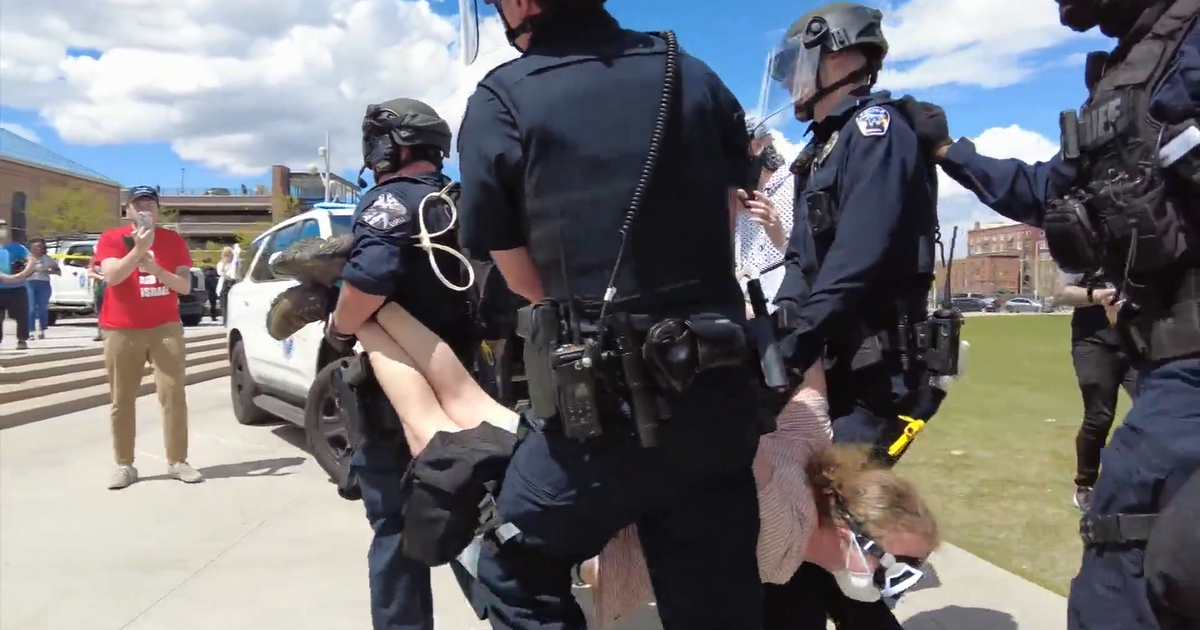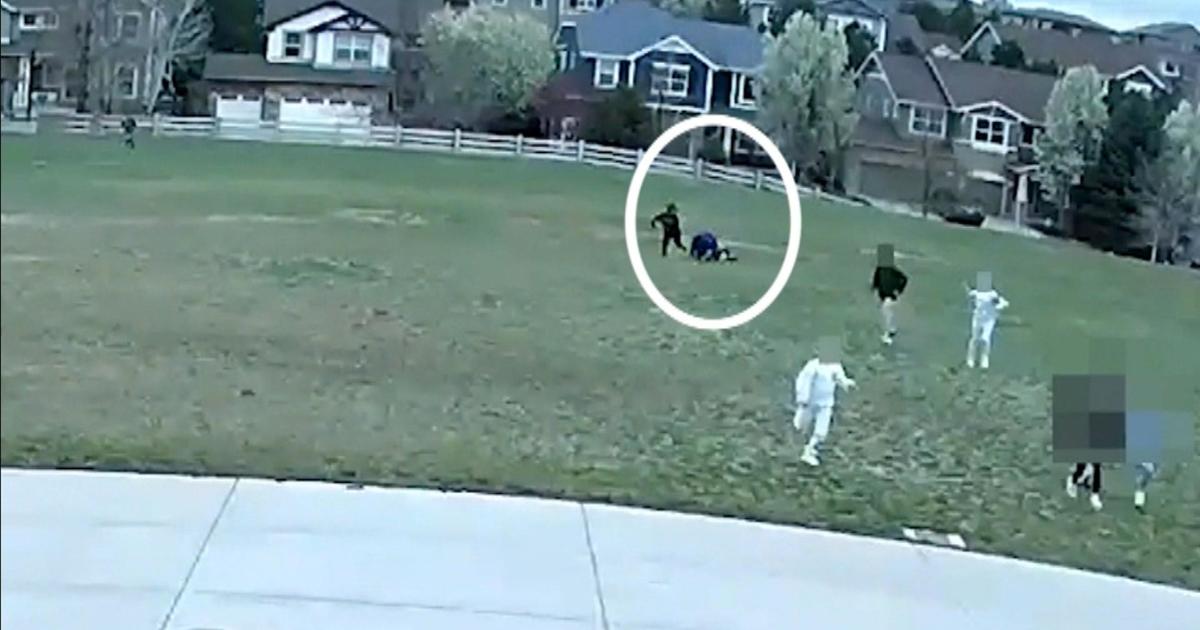CU-Denver Investigates Allegations Of Cheating
DENVER (CBS4) - Cheating is a virus that has infected college campuses for a long time, but now it's not just limited to just plagiarism.
CBS4 Investigator Rick Sallinger has learned that the University of Colorado Denver is investigating allegations of cheating by a number of international students. The university will not discuss it, citing federal privacy laws, but Sallinger has learned at least some of the students were making large payments for others to take online classes and tests for them.
"I've been offered substantial amounts of money," said a man who spoke on the condition that CBS4 not use his name.
The man said he had been paid to cheat for international students at a rate of $800 to $1,000 per class.
The man showed CBS4 text message conversations he was having with students where he asked one student if he needed tutoring or someone to do the class for them. The student replied saying he needed someone to do the online class for him. The man didn't accept the student's request.
"These individuals wanted people to log into all of their online classes," said the man. "They wanted people to go into their classes for them."
He said he would not go into classrooms for them.
In an email to Sallinger the man emphasized he no longer is helping students cheat.
CBS4 was given a list of names of students who were caught allegedly cheating at the University of Colorado Denver. The school won't confirm the incident nor the names involved, citing the Family Educational Rights and Privacy Act (FERPA). CBS4 requested records and received a redacted list that shows 29 cases in the past year at the university's College of Business.
"I think the list shows we take academic dishonesty concerns very seriously and it also shows, because of the numbers on it, students are not going to be able to get away with it," said Jacque Montgomery, Executive Director for Media Relations at CU-Denver.
The list of 29 cases only pertains to the university's business college because all other records are kept in student files that are off limits to reporters.
Dr. Pete Padilla is a sociology teacher at CU-Denver and says he had a similar experience with a student at a different university.
"He says, 'I'm very wealthy, my parents have money, and I'm not passing your class; I'm offering you $10,000 to pass your class,' " Padilla recalled.
Padilla told the student no, but says it felt like someone punched him right in the gut.
"He didn't want to dishonor the family by failing the class, so he offered me money," said Padilla.
If that student were to have someone take a test for him online, Padilla says it would be hard to prevent.
"We don't know who is taking a test on the other side of that computer," said Padilla. "I don't know who is taking a test if I post it."
The Internet has opened up many other options to cheat for students as well. Students can offer to write or sell class papers in return for cash. Paying someone to impersonate is another option.
"Even if you go to class and take a test for someone else, you can get away with that sometimes since they aren't always checking who is taking the test," said UCD student Adam Silkwood. "You can put another student's ID number down on the test and the teacher will never know that."
Universities are now fighting back against cheating with software that can detect plagiarism and Internet provider addresses. At the University of Colorado Denver students facing cheating allegations may face an academic dishonesty committee.
Penalties could range from getting a zero on an assignment to getting suspended or expelled (although the university says there is no record of expulsions). All students are enrolled in college to get an education, so when it comes to academic dishonesty, in the end students are only cheating themselves.
LINK: University of Colorado Denver's Policy on Academic Dishonesty
- Written for CBS4Denver.com by Conor McCue



